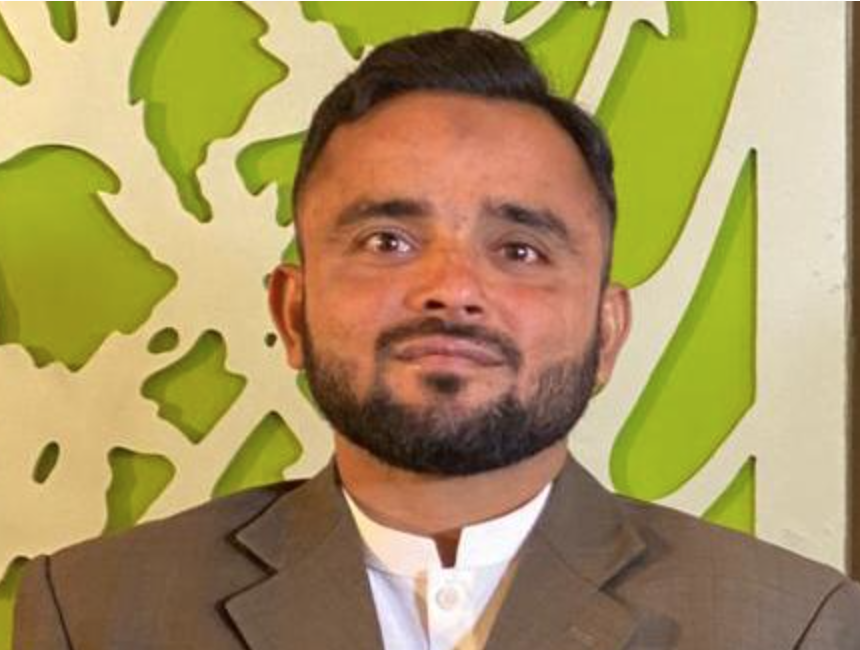Secretary-General Antonio Guterres, who advocated for the “Pact for The Future” and its elements, described them as landmark agreements — a significant shift towards more effective, inclusive, and interconnected multilateralism.
As a precursor to the annual high-level week of the UN General Assembly, starting Tuesday, numerous heads of state and government convened to endorse the pact, which encountered last-minute resistance from Russia and its allies.
Leaders committed to strengthening the multilateral system to “adapt to a changing world” and to “safeguard the needs and interests of both present and future generations” in the face of ongoing crises. “We believe there is a pathway to a brighter future for all of humanity,” the document states.
The pact delineates 56 “actions,” including commitments to multilateralism, adherence to the UN Charter, and peacekeeping efforts.
Additionally, it calls for reforms in international financial institutions and the UN Security Council, as well as renewed initiatives to combat climate change, advance disarmament, and steer the development of artificial intelligence.
Russian objections
The adoption of the text encountered a brief setback when Sergey Vershinin, Russia’s deputy minister of foreign affairs, proposed an amendment highlighting the “principle of non-interference in the internal affairs of states” and called for the UN to refrain from duplicating efforts.
Russia’s objections received support from allies such as Belarus, North Korea, Iran, Nicaragua, and Syria; however, its amendment was decisively rejected in a motion for no action.
German Chancellor Olaf Scholz, a co-sponsor of the text, remarked after the adoption, It was somewhat irritating that, in the end, Russia once again tried to halt the entire process and refused to align with the path that the global community had chosen.
I challenge you
The passage of the text was never assured, and sources indicated that Guterres had drafted three distinct versions of his speech to accommodate potential voting outcomes. Throughout the negotiation process, the UN Secretary-General urged countries to demonstrate “vision” and “courage,” advocating for “maximum ambition” to enhance international institutions that face challenges in effectively addressing contemporary threats.
However, while there are some “valuable ideas,” the text does not represent the transformative document aimed at overhauling multilateralism that Antonio Guterres initially envisioned, remarked Richard Gowan from the International Crisis Group.
Ideally, one would anticipate innovative ideas, commented a diplomat.
The struggle against climate change was a major point of contention during the negotiations, with mentions of the “transition” from fossil fuels having been omitted from the draft text weeks prior, only to be added back later. “The true challenge will be in achieving these” objectives, stated the environmental advocacy group 350.org.
Despite the criticisms of the agreement, it remains an opportunity to reaffirm our collective dedication to multilateralism, even amidst the challenging current geopolitical landscape, highlighted one diplomat, stressing the importance of rebuilding trust between the Global North and South.
This agreement provides us with hope and motivation for a better future, expressed Sierra Leone’s President Julius Maada Bio, a strong proponent for the Global South at the UN through his country’s Security Council membership.
Developing nations have been particularly vocal in insisting on tangible commitments regarding the reform of international financial institutions, seeking to secure more favorable access to financing, particularly in light of the impacts of climate change.








